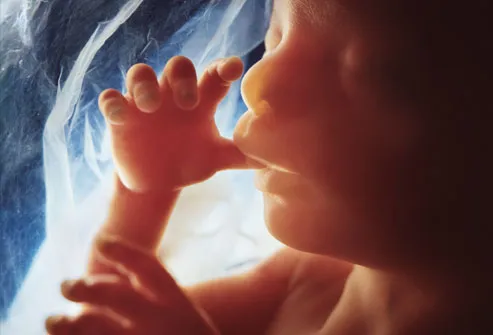
Psalm 8:1-4 "O Lord, our Lord,
How majestic is Your name in all the earth, Who have displayed Your splendor above the heavens! 2 From the mouth of infants and nursing babes You have established strength because of Your adversaries, to make the enemy and the revengeful cease. 3 When I consider Your heavens, the work of Your fingers, the moon and the stars, which You have ordained; 4 What is man that You take thought of him, And the son of man that You care for him?"
Introduction:
In the last post we introduced the reader to the concept of God's necessary existence. The Bible affirms God's necessary existence in general without hardly going into exquisit detail. God's eternality, omnipotence, omniscience and so forth sets Him apart from all other fraudulent conceptions of other deities in all other religions. In these series of posts, we are affirming the fact that not only does the God of the Bible exists, but that He exists necessarily. This idea of "necessary existence" means that it is impossible for God not to exist, since without Him we would have no universe, no morality, no meaning and no life! As we noted already, the Bible does not go into fine detail as to how God necessarily exists. Nevertheless, we often find God contrasted with His creation and human beings, going the route of affirming what God "is-not" (for example, God is "not-finite" but "infinite" - Psalm 147:5). In today's post we are going to contrast human beings and creation with God to hopefully bring further clarity to this idea of His necessary existence.
Contrasting Our Existence To God's Necessary Existence
As noted earlier, when we attempt to meditate on God's being and nature, we consider what God is not or by way of negation (called by theologians "via negativa" or "by way of negation"). By noting our particular situation and state of existence, we can contrast what is not the case with God in order to grasp what can be said about Him. A quick example of what I'm referring to is when we speak of God as being of an "infinite" nature. Unlike all other things and people - which are finite or inscribed within the limitations of creaturely existence (i.e "finite"), God by nature, revelation in the scriptures (see Psalm 147:5) and by definition is not finite - hence, "infinite".
Whatever we have left over from stating what God "is not", we can then discuss what God "is" by way of revelation, then by reason and finally by reflection.
Whenever we think a little bit about our own existence, a simple question can be raised: "could I had been born with different color hair, have a different height or have other different qualities?" The short answer to this question would be: "yes". Another question we could ask about our own existence would be: "is it necessary for me to exist in order for the world to carry-on as it always has? The short answer to this second question would be: "no". We may not like to think about it, but it is not necessary for us to exist in order for the world and the universe to continue on in this present moment and into the future. History could had been otherwise with or without us.
As human beings, when we speak of our reliance upon things outside of ourselves to maintain our existence or the fact we could had been different than what we are at this moment, we are referring to what thinkers call: "contingency".
This fundamental property of "contingency" is shared by all created entities: from planets to people, from galaxies to germs. Anything that is "contingent" is described as having been at one point not in existence (i.e having a beginning and thus a cause for its existence) and relying upon things outside of itself.
It is also possible for us to have different qualities and properties than what we actually have, since as human beings, we are subject to changes both internally and externally. Even though we as human beings are alive, we still require other factors to sustain our existence: air, food, a suitable environment, a planet, a solar system that supports a suitable cosmic environment for our planet to continue its orbit, a main-sequence star that adequately warms our planet and so-forth. Such reflection on our "contingent" existence helps us to see the opposite type of existence that God alone possesses: namely, "necessary existence".
Closing thoughts
Today we introduced the reader to a second important concept that describes the way in which we exist, the universe exists and all-other created things exist - namely, contingency. A contingent being does not have to exist and could had been different. Contingent beings and things require a necessary being or cause to originate them and to sustain them. Reflections such as these will aid us as we further pursue understanding God's necessary existence. In the next post, we will consider some key Biblical texts that affirm this vital truth of God's necessary existence.

No comments:
Post a Comment